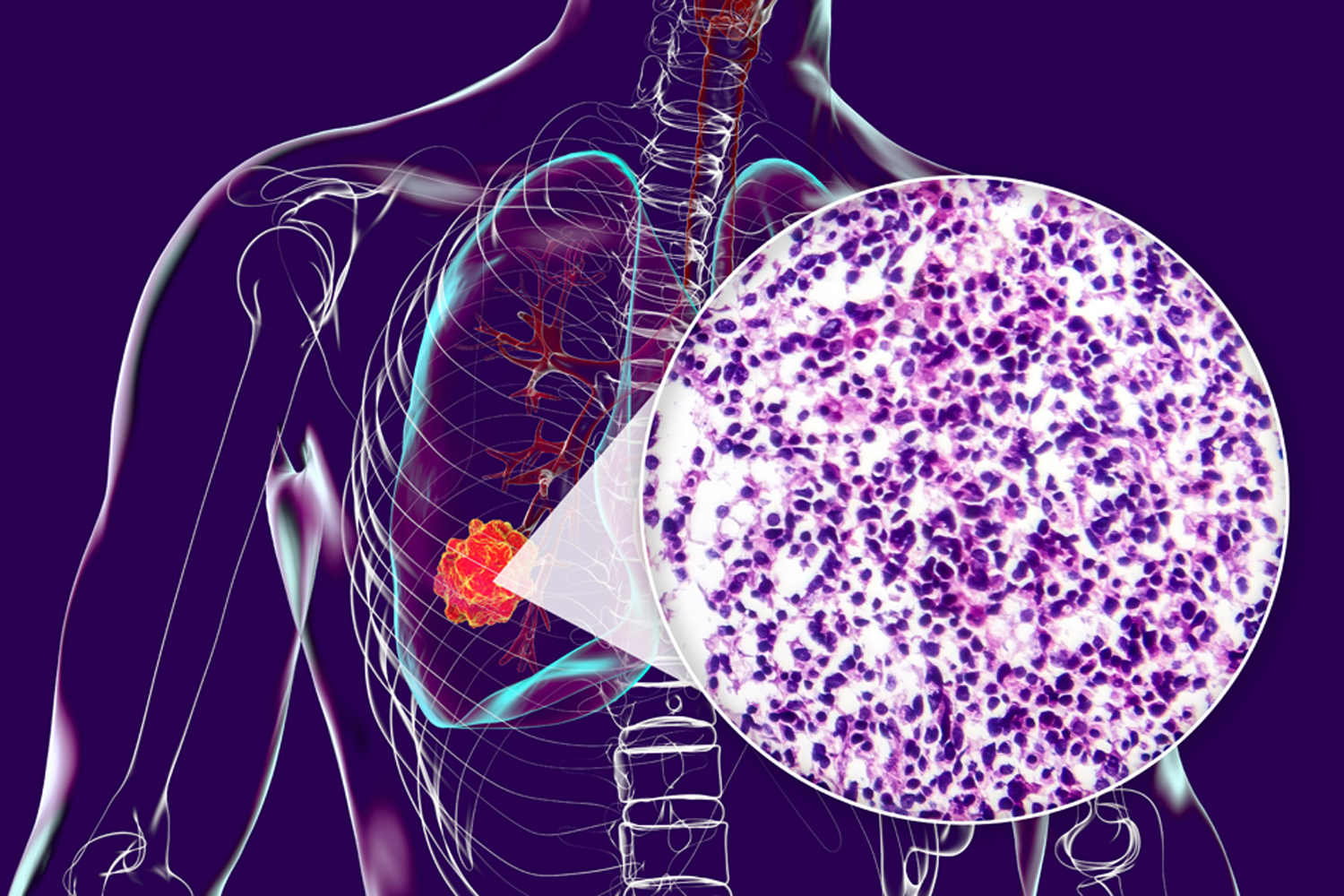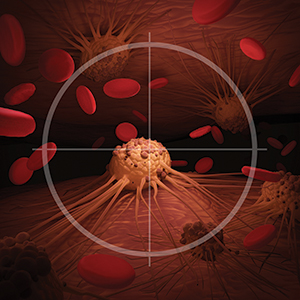-
Vaccinating Against Cancer
The human papillomavirus vaccine can significantly cut recipients' risk of several types of cancer. So why are vaccination rates relatively low in the U.S.?
by Brad Jones
-
The Genetics of Metastatic Cancer
The multiple tumors in patients with metastatic disease share key genetic traits, a sequencing study shows.
by Anna Azvolinsky
-
Forward Look
Targeted ChemotherapyComputational and molecular biologist Sourav Bandyopadhyay discusses new ways to think about chemotherapy.
by Sue Rochman
-
Healthy Habits
Go FishWhy replacing red meat with fish may be just what the doctor ordered.
by Brenda Conaway
-
Healthy Habits
Against the ClockNight shift work may contribute to a heightened cancer risk.
by Jane C. Hu
-
From the Editor-in-Chief
CAR-T Cells: ‘Bionic’ Immune Cells for Treating CancerT cells are being rebuilt to kill cancer cells.
by William G. Nelson, MD, PhD
-
Forward Look
Drug Combo Targets Polyp GrowthStudy findings support precision approaches to risk reduction.
by Dara Chadwick
-
Forward Look
Cloning CancerScientists are testing treatments on lab-grown tumor tissue.
by Chris Palmer
-
New Tactics for Bladder Cancer
After decades without treatment advances, options for patients with bladder cancer are now more numerous.
by Kendall K. Morgan
Cancer Talk
Lessons From 20 Years Living With Cancer
Multiple myeloma survivor Jonathan Gluck reflects on uncertainty, and the scientific progress that has kept him living with cancer for more than two decades.
by Eric Fitzsimmons
The Enduring Importance of Cancer Disparities ResearchOpening session from AACR conference highlights how perseverance and adversity have informed cancer disparities research over the years.
by Eric Fitzsimmons
Most Cancer Survivors Don’t Meet Healthy Diet GoalsDespite research linking fruits and vegetables to cancer survival, many people do not change their eating habits after diagnosis.
by Darlene Dobkowski
Many People Don’t Get Colonoscopy After Receiving Abnormal Blood TestsAbout half of people who receive abnormal results from colorectal cancer screening tests don’t follow up with a colonoscopy.
by Laura Gesualdi Gilmore















